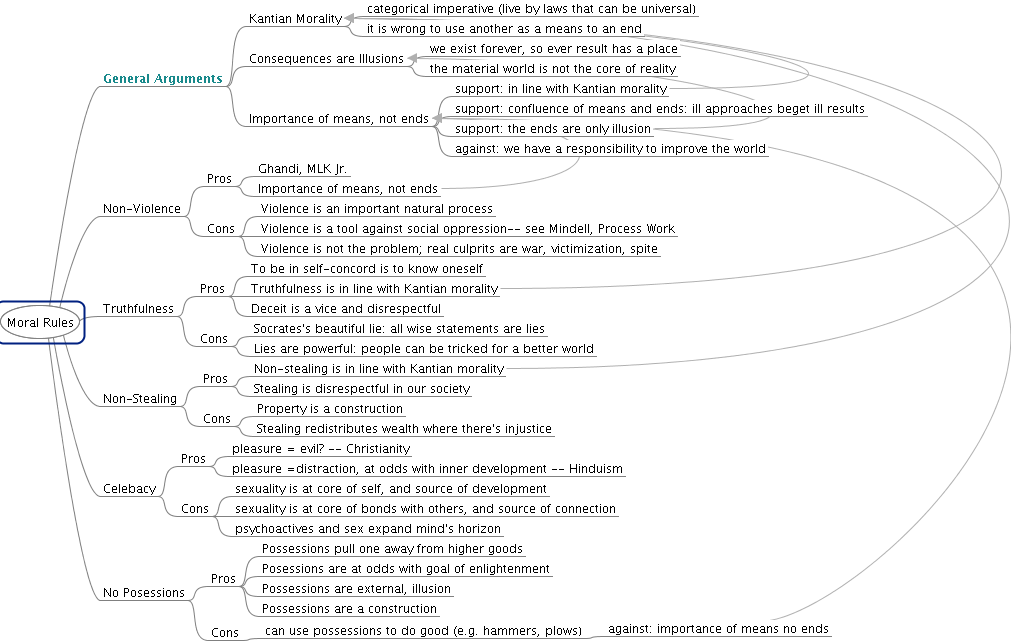I tend to not write unless I have something to say, but what does that even mean anyway?
I recently finished Heinrich Zimmer’s Philosophies of India, which was a wild trip, and has informed every theosophical thought I’ve had in the past several months. Each new branch of the Aryan-Indigenous project of understanding the human condition seemed deeper, better, wiser than the last.
And made me realize a way that I’ve been horribly fooled by modern society. I imagined that the body and mind are distinct, and the mind better, and to be a young man meant to have skills, and to be a good man meant to act like an old man. But this body– this life– yearns to leap and thump and strain and exert its prowess upon the world. When Siva dances the world into being, it’s not the waltz. It’s a break-dance, or a jello-wrestle, and she’s inviting us to join her. What is an outside for, if not to get dirty?
Speaking of which, Earth Day sprouted an impressive number of mini-festivals down here. Johanna and I went to the EPA’s Sustainable Design fair and talked to several of the folk. It seemed a lot like a science fair, each project studying a grain of sand in our ever-declining Eaarth, and almost no policy work.
But Flame and I have made some progress on that front for Wired for Change/Democracy in Action/Salsa Labs. Starting this month, the company is going Carbon Negative. CarbonFund.org figured out for us that a 35-person, 75-server company can offset its carbon for about $2000 a year, or $170 a month. So, we can be Carbon Negative (“reduce what you can, offset and 10% more the rest”) for less than $200 a month.
I have two other big updates from work. First, I am now the technology lead of our Advocacy Tools– so, if you find a petition, a letter to the editor, or a “tell your congressperson” online– there’s a decent chance (a plurality?) that it’s my software you’re using (not much written by me, but my responsibility). And, a couple weeks ago, I was sent to a tiny conference of developers in the political engagement area, and we decided to redesign politics. And then, last weekend, we presented our work at a larger conference (ParticipationCamp), and got an impressive amount of support and buy-in. We’re growing our group and going to put together a wikibook and want input from all angles, so tell me if you want to be involved!




